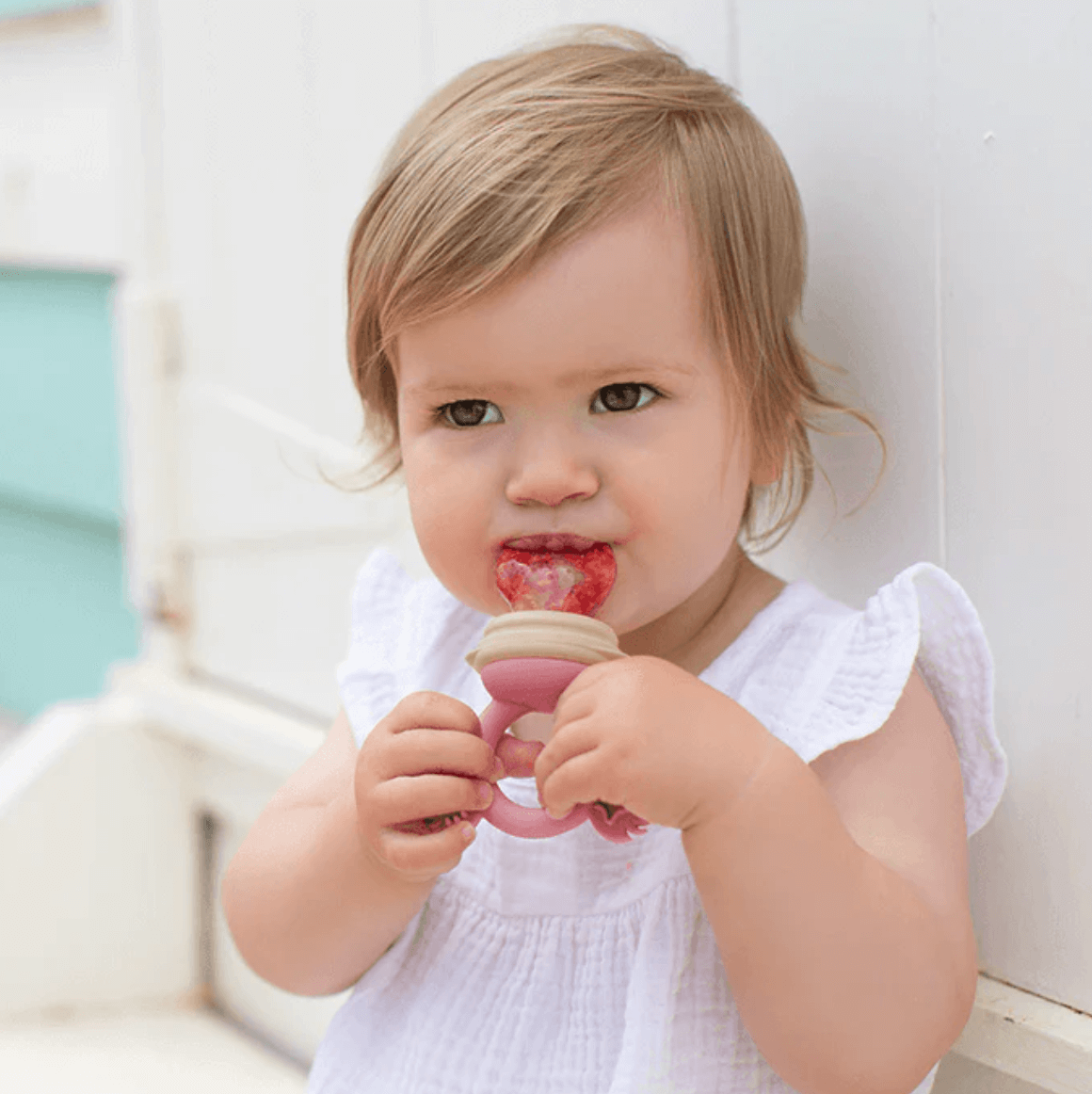Embarking on Solids: A Guide to Introducing Solid Foods to Your Baby

Introduction
Embarking on the journey of introducing solids to your baby is a significant step in their growth, one that should be an adventure rather than a stress-inducing chore. As your little one evolves, so do their tastes and nutritional needs. This guide aims to provide informative, reassuring, and empathetic insights to support you through this transitional phase.
When to Begin the Solid Adventure
The recommended age to start introducing solids to your baby is between 4-6 months. Initiating the process earlier may overwhelm your baby's developing digestive system. We understand that deciding what solid foods to introduce can be challenging. Fear not; we're here to guide you through this nutritious journey.
Step-by-Step Guide to Starting Solids:
-
Soft Beginnings:
- Commence with gentle options like rice cereal, easily digestible and rich in iron.
- Gradually introduce other grains such as oats and barley.
-
Diversifying Textures:
- Progress to mashed vegetables and fruits in small, manageable amounts.
- Always prioritize moderation during this crucial stage.
Introducing New Foods:
After introducing a new food, allow five days to a week before incorporating another. This thoughtful approach prevents overwhelming your baby's system and helps identify potential allergies or issues.
Healthy Eating Habits

Limiting salt and sugar intake lays a strong foundation for your baby's future eating habits. Avoiding salty snacks and sugary treats fosters early good eating practices. Cherub Baby's tip: steer clear of adding salt or sugar to your baby's diet.
Meeting Iron Requirements
Understanding your baby's iron needs is vital for their brain development and blood oxygenation. Incorporate iron-rich solids, and rest assured, breastmilk continues to play a crucial role.

Breast Milk and Cow's Milk
Breastmilk remains a primary source of nutrition during the early stages. Around 710ml a day is essential for your baby's growth. The introduction of cow's milk is recommended after 12 months, ensuring a continued supply of calcium for strong bones and teeth.
Safety First
While exploring tastes and textures is crucial, introducing too many foods too early can pose risks. Avoid large food chunks and potential allergens. Cherub Baby recommends using safety tools like a fresh food feeder during the introduction of solids.
Allergies and Caution
Be mindful of potential allergens in the first year, including chocolate, nuts, and eggs. Family history may impact the introduction timeline. Cherub Baby advises delaying eggs until age 2 and avoiding nuts and fish until age 3. Steer clear of honey for the first year due to potential risks.
Ever-Changing Tastes
Your baby's evolving tastes may present challenges in ensuring they receive adequate nutrition. Cherub Baby understands these concerns and aims to ease your journey with useful information on introducing solids.
Conclusion and Call to Action
As you navigate the world of introducing solids, remember that Cherub Baby is here to support you. Crafting homemade baby food is a wonderful way to ensure your baby's healthiest diet. Explore our range of baby feeding products, and check our baby food chart for guidance. Your baby's health and well-being are our priority, making your role as a parent as seamless as possible.
References: Link to RaisingChildren.net.au's Guide on Introducing Solids
Explore Cherub Baby's Baby Feeding Products here.



